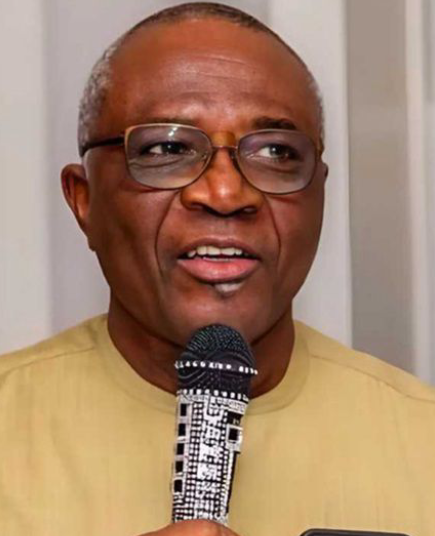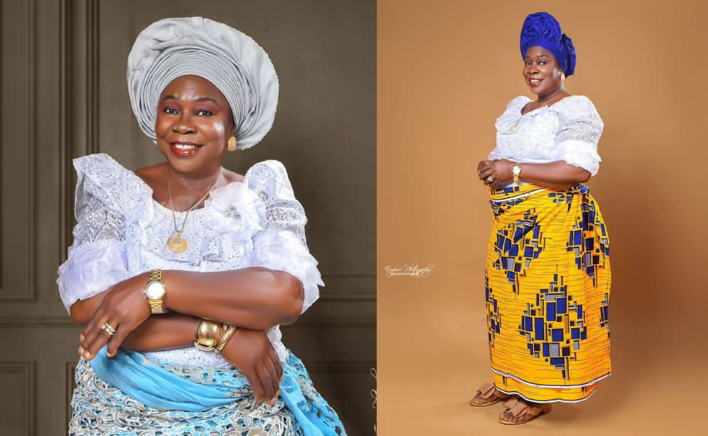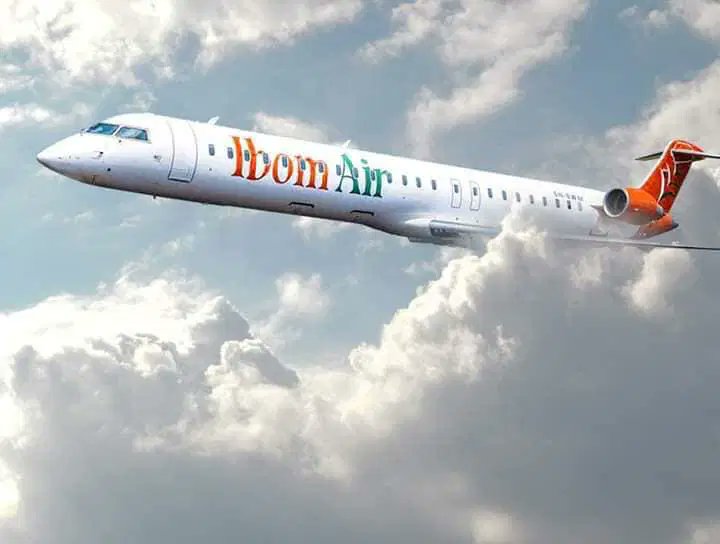
New Jet, Old Woes: Presidency’s Plane Purchase Sparks Public Outcry Amid Soaring Poverty

In a nation grappling with deepening economic despair, rising inflation, and escalating public frustration, a spark on social media has turned into a firestorm after it was revealed that the Nigerian government has allocated a staggering N55 billion for the maintenance of the presidential air fleet in the 2025 budget. The news, already enough to rattle the average citizen, gained widespread traction when a prominent presidential aide, Bayo Onanuga, lashed out at a social media user questioning the propriety of acquiring a new presidential aircraft amidst nationwide hardship.
It began with a simple but biting post by a concerned Nigerian, Felix Nnamdi, who on X (formerly Twitter) directed his query at Onanuga, a media adviser to President Bola Ahmed Tinubu. “Is this even right? Your oga @officialABAT recently bought himself a plane, when will he do something for Nigerians?” he asked, referencing the report by West Africa Weekly that highlighted the massive financial commitment to the presidential fleet even as most citizens continue to struggle with basic needs.
The comment appeared to echo the growing sentiment among Nigerians who feel increasingly abandoned by a government perceived to be prioritizing comfort and extravagance for the elite over pressing socioeconomic reforms for the masses.
In response, Bayo Onanuga didn’t mince words. “I sometimes wonder how you reason, Mr Nnamdi,” Onanuga retorted. “Yes, ONSA bought a plane for the president's use. Is it his property or the property of the state, all Nigerians? And then, shouldn't there be a provision for maintaining the planes in the presidential fleet? Please reason properly and resist being part of the herd mentality.”
Onanuga’s remarks, far from calming the public, have added fuel to the fire. Social media erupted with comments, debates, and criticism, with many Nigerians interpreting his statement as a dismissive response to legitimate public concern. While his defense leaned heavily on constitutional and operational necessities—arguing that the aircraft is for official state use and not a personal acquisition—it did little to allay fears or pacify resentment from a citizenry that has long grown weary of government opulence at the expense of basic public services.
The controversy is not just about a plane—it’s about perception. In a country where the minimum wage is still under intense debate, with many states unable to pay the current rate regularly, and where millions face food insecurity, any move suggesting governmental luxury is bound to strike a nerve. The optics of allocating tens of billions of naira for the upkeep of presidential jets, including the acquisition of a new one, at a time when fuel prices have skyrocketed, electricity remains unstable, and the naira continues to slide, has proven explosive.
For many Nigerians, the timing could not have been worse. Coming just months after the removal of fuel subsidies, which has had a domino effect on the cost of living, the news of the jet purchase and fleet budget reads like a tone-deaf move from the corridors of power. It calls into question the administration’s priorities and whether the leadership is truly in touch with the harsh realities faced by its citizens.
Critics argue that this isn't merely about state protocol or logistical necessity. They point out that numerous former heads of state have traveled more modestly or relied on commercial means when the situation demanded austerity. Countries with significantly stronger economies have seen their leaders fly commercial to send strong messages of fiscal responsibility and solidarity with citizens during times of economic downturn. Why, they ask, should Nigeria be any different—especially now?
Defenders of the administration, including Onanuga, have been quick to emphasize that the president requires secure, reliable, and state-owned transportation for both domestic and international duties. They argue that the purchase was done through the Office of the National Security Adviser (ONSA), not as a luxury acquisition but as part of the critical infrastructure needed for the functioning of the state. They also note that the existing presidential aircraft have aged considerably and may pose safety and reliability risks if not properly maintained or replaced.
Still, the line between necessity and extravagance is thin, and many Nigerians feel it has been crossed. Trust in government spending is already at an all-time low, with repeated reports of budget padding, misappropriations, and unchecked procurement practices. In this climate, transparency and accountability in major acquisitions—especially those involving such large sums—are non-negotiable in the eyes of the public.
In response to the backlash, some civil society organizations have called for a breakdown of the fleet budget and a more detailed explanation of the new aircraft’s procurement process. They argue that without clarity and transparency, such expenditures only deepen the trust deficit between the government and the people.
Meanwhile, the political opposition has seized the moment to criticize the Tinubu administration for what it describes as reckless spending and misplaced priorities. In press statements and social media posts, opposition figures have painted the jet acquisition as emblematic of a broader pattern of elite insensitivity and detachment from the plight of ordinary Nigerians.
As the dust continues to swirl around this controversy, one thing is clear: Nigerians are no longer content to watch in silence. The digital age has given them a voice—and they are using it to demand more from their leaders. Whether the government chooses to listen, reflect, and recalibrate its approach remains to be seen.
For now, what started as a single tweet has become a national conversation, raising uncomfortable but necessary questions about governance, accountability, and empathy in a country crying out for change. In a nation where the average citizen struggles daily to make ends meet, even the symbolism of a new presidential jet is powerful—and, to many, profoundly painful.


